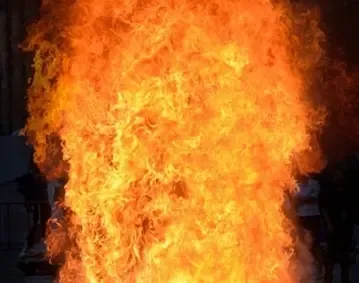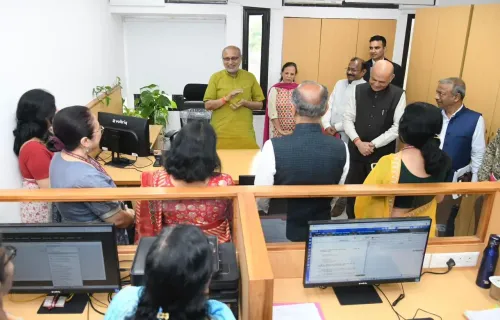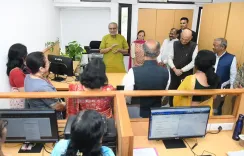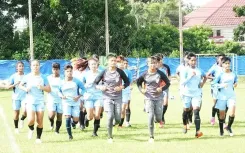Why Are Opposition Parties Concerned About Bihar's Voter Revision?
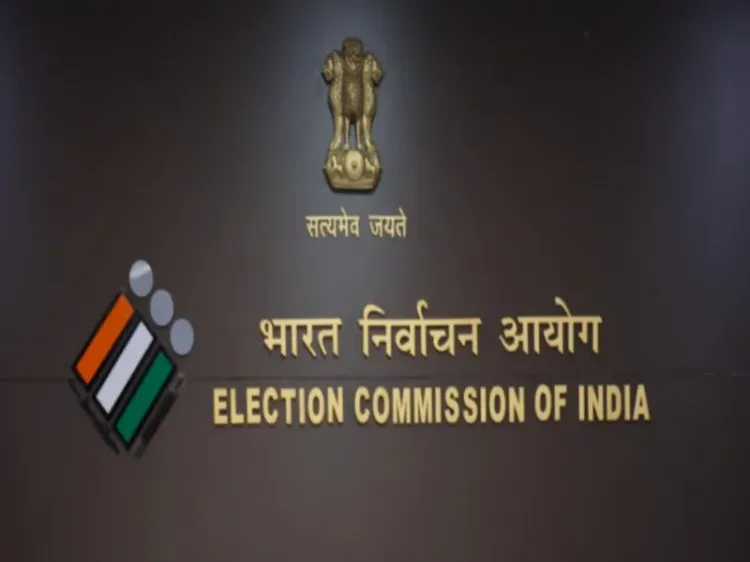
Synopsis
Key Takeaways
- Opposition parties are concerned about the timing of the Special Intensive Revision.
- The revision may adversely affect marginalized communities.
- Verification of 7.75 crore voters is a massive undertaking before elections.
- New documentation requirements could disenfranchise the poor.
- Leaders are calling for a postponement of the revision.
New Delhi, July 2 (NationPress) A coalition of Opposition parties has voiced strong objections to the Election Commission of India’s decision to undertake a Special Intensive Revision (SIR) of the electoral rolls in Bihar, mere months before the assembly elections. The parties contend that this late announcement could undermine the integrity of the electoral process and disproportionately impact marginalized communities.
An 18-member delegation, representing 11 constituents of the INDIA bloc, including the Congress, Rashtriya Janata Dal (RJD), Samajwadi Party, Communist Party of India (CPI), and CPI (M-L), convened with Election Commission officials at Nirvachan Sadan on Wednesday to formally register their protest.
Following the meeting, senior Congress leader Abhishek Manu Singhvi expressed serious concerns regarding the timing of the revision.
“This operation involves verifying over 7.75 crore voters in Bihar. With only 2–3 months remaining before the assembly elections, such a large undertaking is neither practical nor fair,” he stated, describing it as a violation of the equitable conditions necessary for free and fair elections.
Accompanied by RJD MP Manoj Jha, CPI (M-L)’s Dipankar Bhattacharya, Bihar Congress chief Rajesh Kumar, and others, Singhvi remarked that the delegation also expressed discontent concerning the EC's new regulation limiting the number of party representatives in such discussions. He noted that senior leaders like Jairam Ramesh and Pawan Khera were barred from entry and left waiting outside.
“This restriction on who can meet with the Commission — capping it at two individuals including the party president — is both unprecedented and arbitrary,” Singhvi lamented.
The opposition figures further questioned the timing of this announcement, highlighting that no reference to a Special Intensive Revision had been made in the EC’s public communications over the past six months.
“When this process was undertaken in 2003, general elections were a year away and assembly elections were two years out. Now, we have only a few months left,” Singhvi remarked.
The delegation claimed that for the first time, the EC is requesting voters to provide multiple documents, a move that could lead to the exclusion of poor, marginalized, and rural populations from the electoral rolls.
“This sudden demand for documentation, at this late stage, will disenfranchise those lacking the means to comply,” he cautioned.
RJD’s Manoj Jha echoed these concerns, stating that the exercise appears dubious in intent and its execution would likely result in widespread confusion and voter suppression.
CPI (M-L) leader Dipankar Bhattacharya warned that the revision risks turning into a tool for manipulation if not conducted with transparency and adequate time.
The leaders urged the Commission to postpone the revision exercise and ensure that any necessary electoral reforms are implemented in a way that does not compromise voter rights or democratic integrity.

